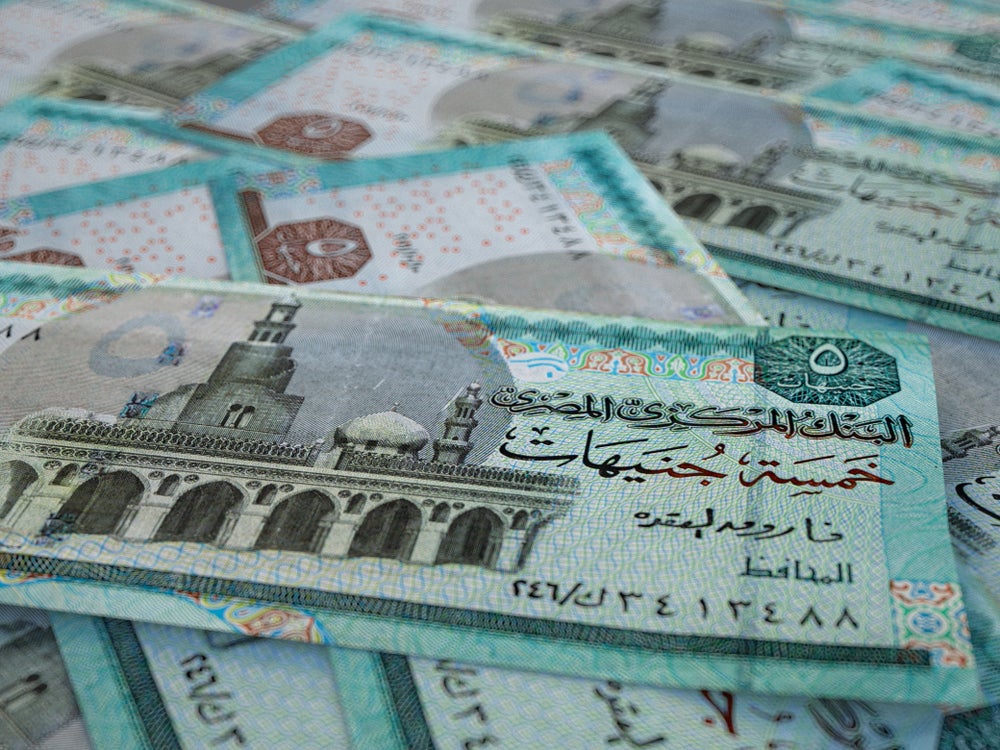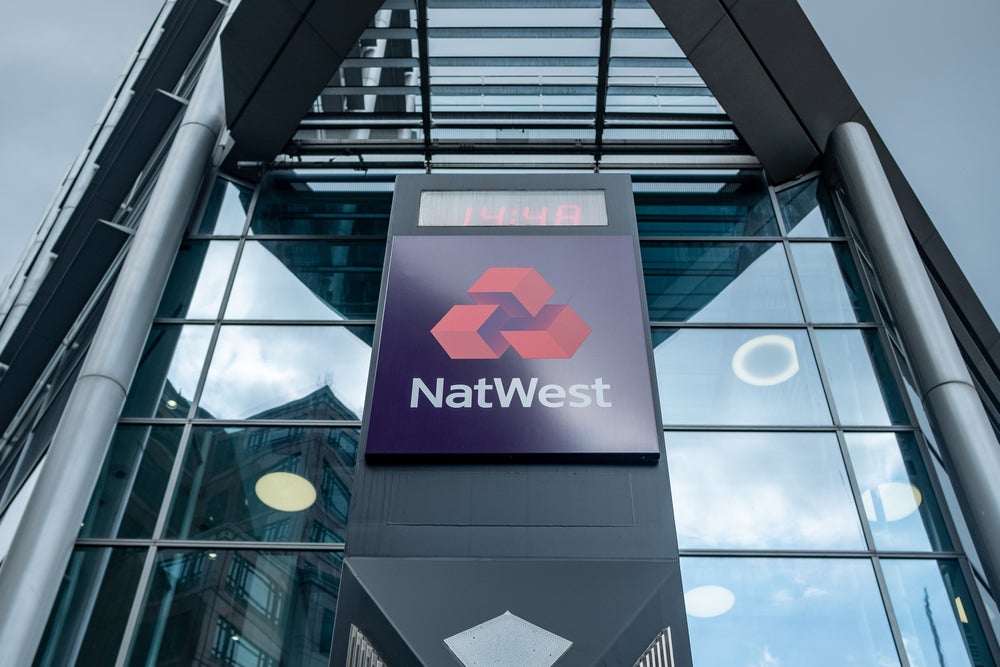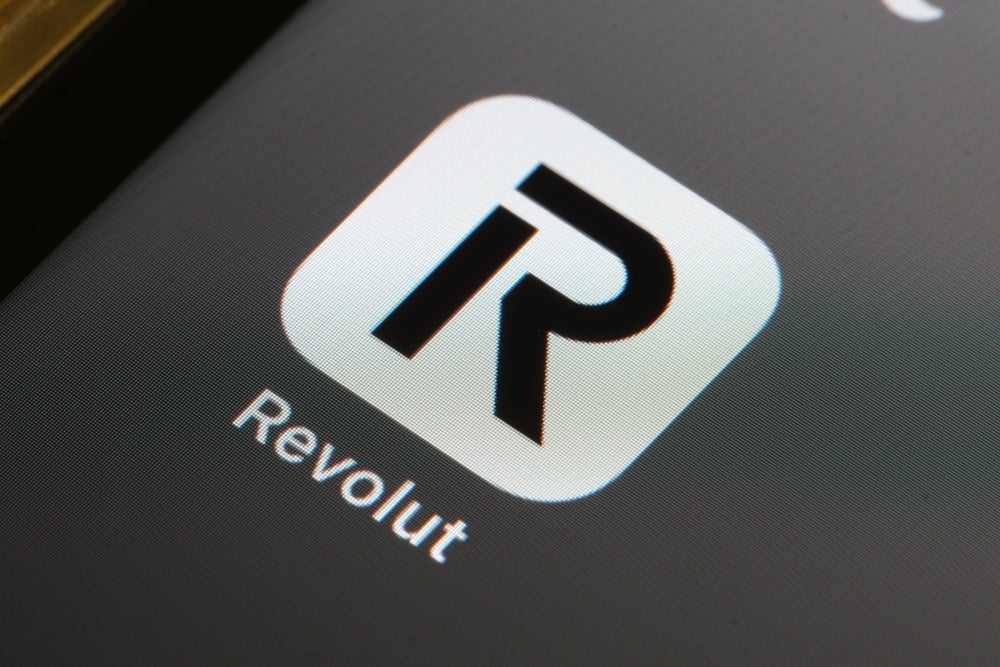LHV Pank, part of Estonia’s LHV Group, has agreed to buy the Estonian private loans portfolio of scandal-ridden Danske Bank in a deal valued at around €410m.
The portfolio was worth nearly €470m at the end of February 2019.
Around 97% of the portfolio includes home loans.
“It is presumed that the volume of the portfolio will decrease to 450 million euros by the moment of the transaction,” LHV noted.
As part of the deal, LHV will take over around 10,800 private customers.
However, existing loan terms will remain unchanged.
How well do you really know your competitors?
Access the most comprehensive Company Profiles on the market, powered by GlobalData. Save hours of research. Gain competitive edge.

Thank you!
Your download email will arrive shortly
Not ready to buy yet? Download a free sample
We are confident about the unique quality of our Company Profiles. However, we want you to make the most beneficial decision for your business, so we offer a free sample that you can download by submitting the below form
By GlobalDataLHV intends to raise additional capital to finance the deal, which is expected to close by this year-end.
LHV Group CEO Madis Toomsalu said: “LHV’s loan portfolio will increase by 40% as a result of the transaction taking place, and the importance of retail banking in LHV’s business will increase dramatically.
“This event can also be considered significant in Estonian banking since a bank based on Estonian capital intends to take over the business of outgoing foreign capital and considerably increase its market share in a strategically important sector.
“LHV has indeed grown to become the largest domestic financial group, but the success of the transaction requires us to take on over half a billion euros of deposits and, considering the growth of existing business volumes, raise capital to the extent of about 50 million euros through three different capital instruments. The latter is divided between bonds and share capital.”
Currently, Danske Bank is under the scanner for money laundering charges.
Earlier this year, the bank decided to shutter its business in Russia and Baltics over the scandal.





